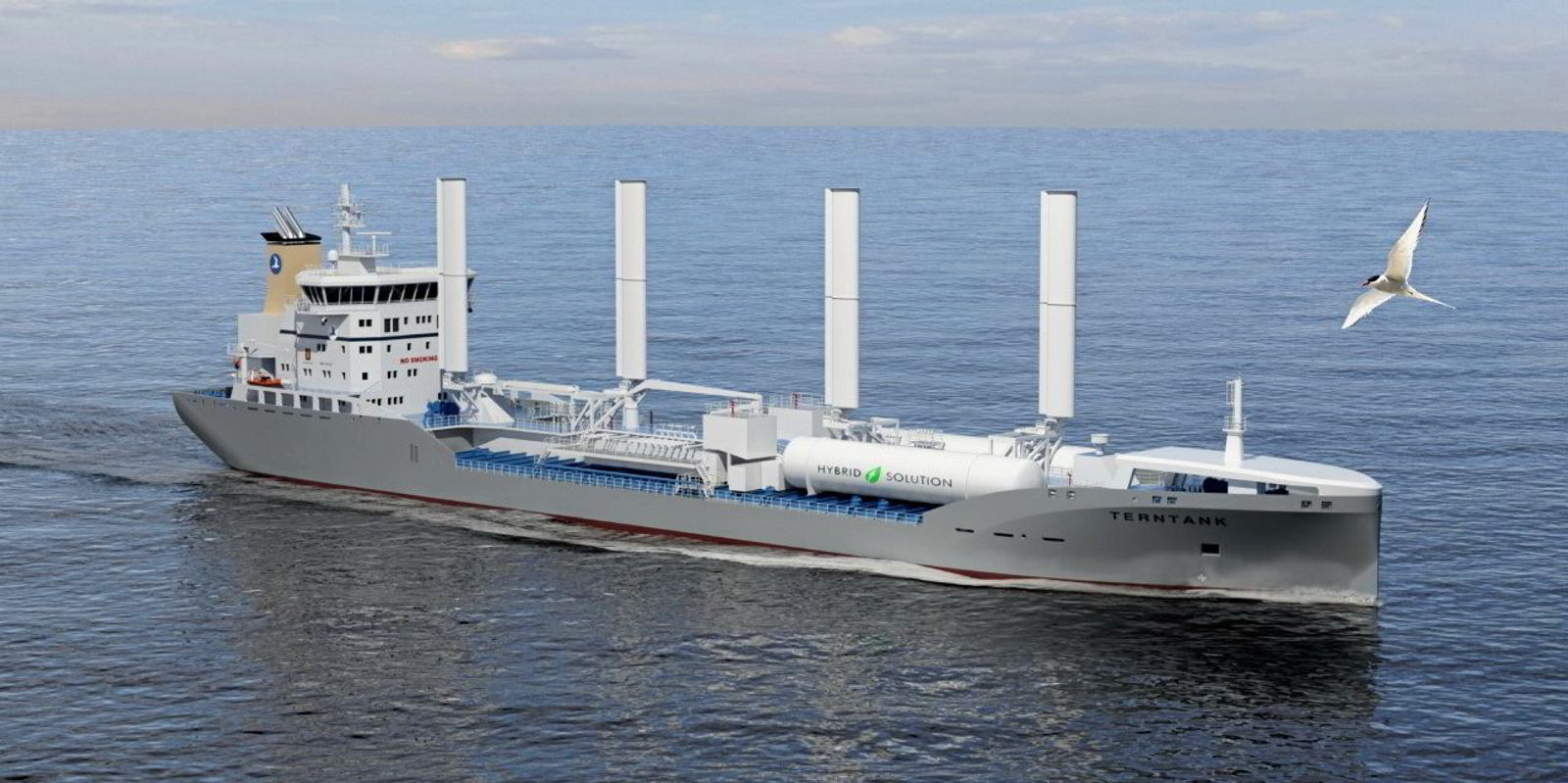BRS Group chairman Francois Cadiou fears shipping is regressing in its race to decarbonise.
Writing in the French shipbroker's annual review, he said heavy fuel oil (HFO) should be “banished” from the industry, but instead some shipowners are turning back towards it.
“It must be admitted that the continued use of HFO will slow down the transition to cleaner fuels at precisely the point in time when it should be accelerated,” the broker added.
Cadiou said that emissions-reduction targets for 2030 and 2050 should be viewed as happening "tomorrow."
“In 2022, we saw too many dual-fuel vessels switch back to HFO as extremely strong LNG prices eroded the economics of LNG propulsion. This turn of events was a huge step back as dual-fuel main engines are less efficient at using only HFO compared to specialised main engines, resulting in higher consumption,” the chairman added.
He pointed out that HFO also requires heating, not to mention additional fuel consumed to operate the scrubbers that clean its exhaust gases.
These additional demands add up to an extra 3 to 5 tonnes of HFO consumed on the largest vessels, which could otherwise be saved, Cadiou argues.
“This race to the bottom needs to be stopped and the playing field levelled to enable cleaner molecules to compete with the economics of HFO,” the broker said.
He cited the example of methanol, which reduces emissions of SOx, NOx, CO2 and fine particles by 90%, 60%, 25% and 85%, respectively, compared to HFO.
Not allowed on land, HFO is only used in the shipping industry due to its attractive price and the sector’s lower environmental standards set out by the IMO, Cadiou believes.
“Shipping regulators can no longer pretend that the environmental footprint of HFO is comparable with the alternatives,” he said.




